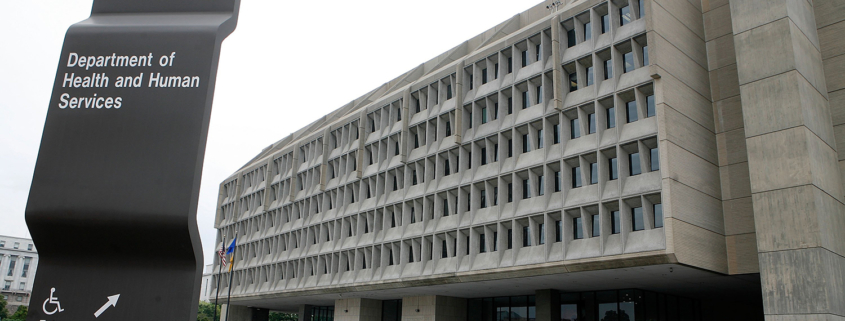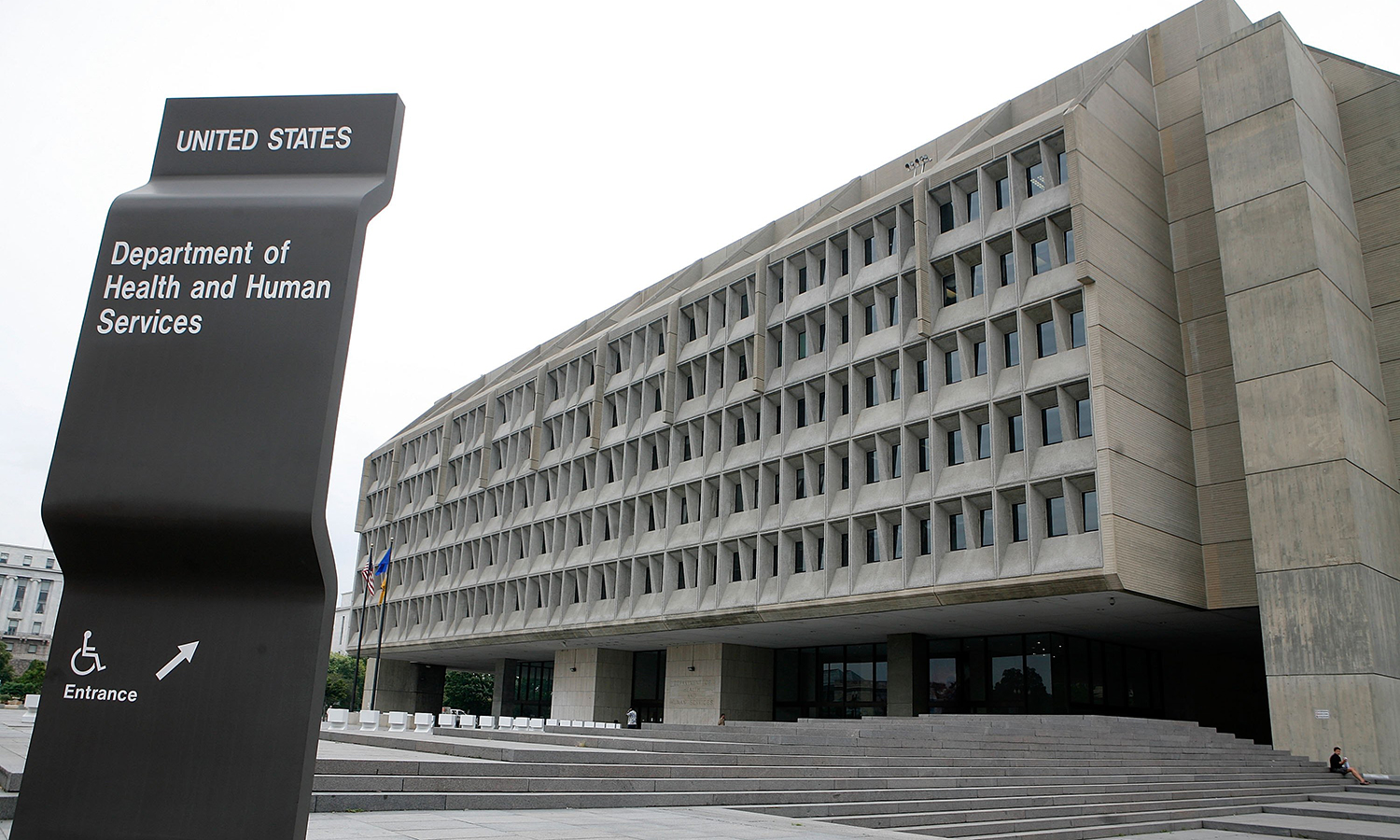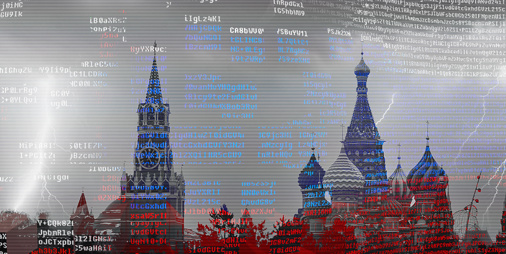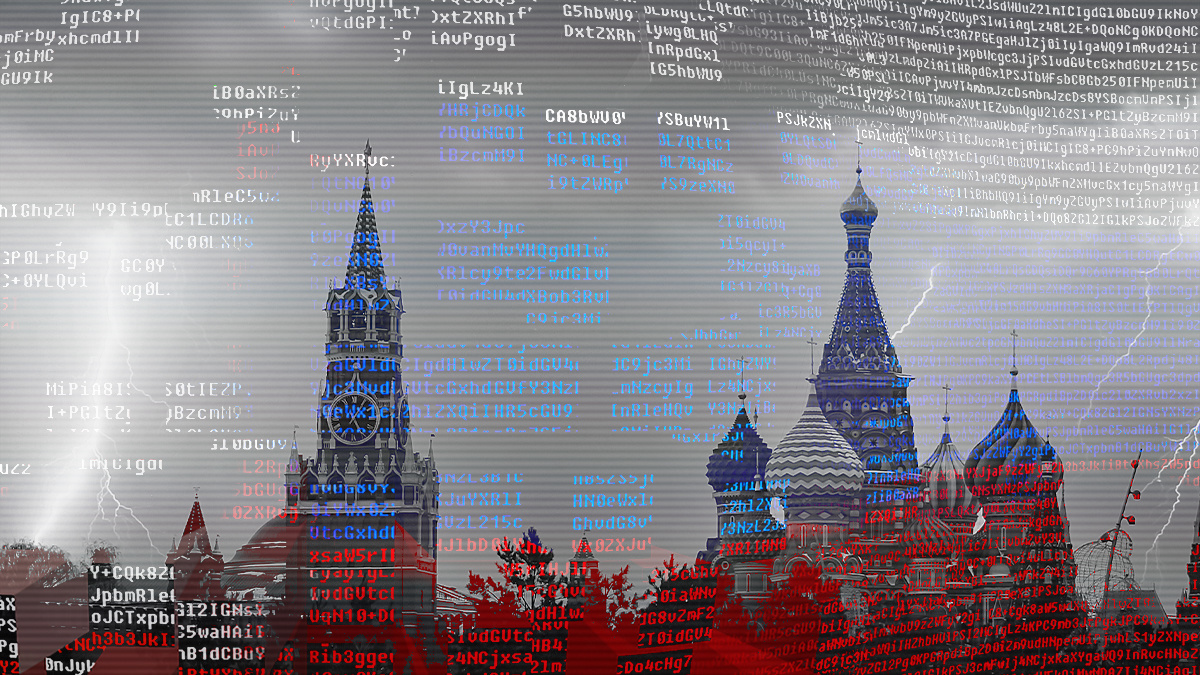Aniview Renews Partnership with HUMAN to Continue Safeguarding Its Video Ad Platform From Sophisticated Bot Attacks
NEW YORK–(BUSINESS WIRE)–Aniview (https://www.aniview.com/), a global video technology company playing a central role in delivering digital advertising for publishers, and HUMAN (https://www.humansecurity.com/) Security Inc., a global leader in collective protection against sophisticated bot attacks and fraud, renew their partnership to help Aniview protect its customers’ inventory from sophisticated automated cybersecurity risks. This further strengthens the two companies’ partnership, empowering publishers and advertising networks on the Aniview platform continued access to HUMAN’s MediaGuard advertising fraud product.
Twenty-twenty-one was a tumultuous year (https://www.securitymagazine.com/articles/96496-ddos-attacks-and-botnets-in-2021-mozi-takedowns-and-high-frequency-attacks-reshape-the-threat-landscape) for botnet attacks, with PARETO (https://www.humansecurity.com/newsroom/human-formerly-white-ops-together-with-newly-formed-human-collective-and-industry-leaders-google-roku-announces-discovery-and-disruption-of-pareto-ctv-botnet), a highly sophisticated fraud operation, amassing an army of nearly one million bots to target CTV ad-ecosystems via mobile apps. The botnet used dozens of mobile apps to impersonate or spoof more than 6,000 CTV apps, accounting for an average of 650 million ad requests every day. PARETO used sophisticated techniques to hide its identity across the ecosystem, but was ultimately discovered and disrupted by HUMAN and the Human Collective in April 2021.
By renewing its partnership with HUMAN, Aniview is able to successfully identify and further eliminate threats of this nature from within its platform. The successful exposure of PARETO was enabled by Aniview’s dedicated approach to implementing HUMAN’s guidance, including adopting all industry anti-fraud standards across their platform and installing a dedicated quality leader. It has also better prepared Aniview and its customers for further cybersecurity challenges for the road ahead, placing it on stronger footing for the next generation of ad fraud attacks from bad actors.
“We’re incredibly pleased to continue our successful relationship with HUMAN,” says Alon…





